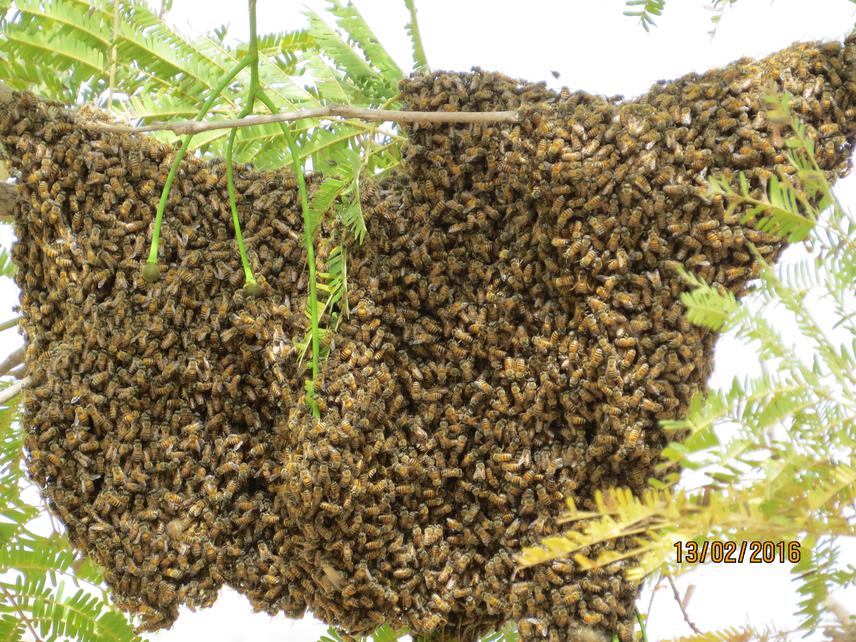Anicet Gbèblonoudo Dassou
This project aims at:
-organize exchanges with honey production farmers on their constraints in bee-keeping and forest management in order to identify with them threatened melliferous plants with high medicinal and food values in Benin,
-Assess their distribution and availability in their distributional area,
-Initiate a program based on farmer community sensitization for the honey production in neighboring of rare and threatened melliferous plants.

Conservation of threatened agroforestry species in honey production areas is an innovation for the honey production and reduction of destruction of plant species population. This innovation is very important to help people to make informed choices of the land on which they will establish their beehives. Indeed, honey composition and quality vary greatly with the botanical source of nectar (Manyi-Loh et al. 2011). This study will contribute to involve local communities in the sustainable use of threatened species and will allow them to increase their income by producing and commercializing therapeutic honey. Agriculture mainly cotton production in Benin need the destruction of several trees species used as food and medicinal plant. Among these species, some of them are listed in the Benin red list of endangered plants by IUCN. For example, there are: Vitellaria paradoxa, Detarium spp., Khaya senegalensis, Afzelia Africana, Pterocarpus erinaceus. Despite the level of endangerment, these species are currently experiencing a severe pressure because the practical schemes to implement for theirs conservation and sustainable use have not been set. The present project will contribute to long-term conservation of rare and threatened melliferous plants with high medicinal and food value through ethnobotanical investigation, ecological inventories, environment education, and public awareness.
Specifically, the project aims at:
i) organize exchanges with honey production farmers on their constraints in bee-keeping and forest management in order to identify with them threatened melliferous plants with high medicinal and food values in Benin,
ii) assess their distribution and availability in their distributional area,
iii) initiate a program based on farmer community sensitization for the honey production in neighboring of rare and threatened melliferous plants.
For conservation outputs, detailed report on assessment of degraded forest areas and farm lands available will help people to make informed choices of the land on which they will establish their beehives and to strengthen habitat protection by cultivation of endangered species. Initiatives will developed for assessing scope and feasibility of cultivation and the steps taken to influence the local agricultural policies. All the food and medicinal properties of the agroforestry species could be contained in the honey produced in their lands, which will limit plant destruction. Full length project proposal will be written on saving Timber yielding honey by promoting agro-forestry and reforestation of degraded lands. Results of these studies will be a powerful tool for local communities to improve their wellbeing by producing and commercializing therapeutic honey.